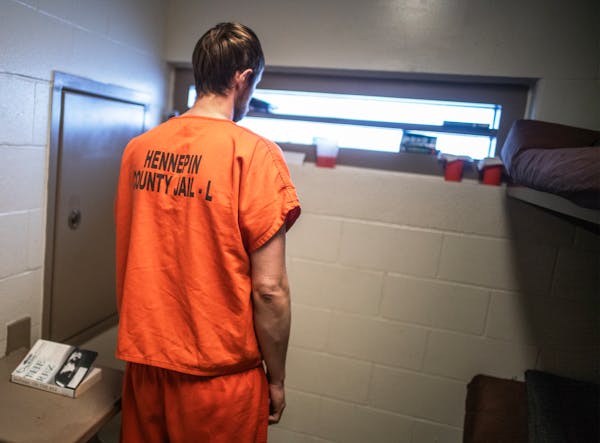Is it time for Minnesota's fishing license fees to increase?
Some think so.
A regular Minnesota fishing license costs $17 -- the same as it did in 2000. If the cost of the license had kept pace with inflation over the past 10 years, it would cost about $21.
Some anglers, legislators and officials with the Department of Natural Resources said at the agency's roundtable meetings Friday and Saturday in Brooklyn Center that it might be time to raise those fees.
"I think it should go up -- it's been 10 years," said Tom Neustrom of Grand Rapids, an angler, fishing guide and activist who attended the annual DNR-citizen meetings.
Not only has the buying power of those dollars decreased since 2000, but a fee increase also would help deal with the imbalance in spending between fisheries and wildlife. Fisheries expenditures exceed revenues by 12 percent, meaning wildlife funds from hunters are helping pay the fisheries tab. That has angered hunters, and the Game and Fish Fund Budgetary Oversight Committee, a group of citizens who examine DNR spending, has urged for a balance.
DNR officials have said it's a revenue issue, not a spending one.
But given the political and economic climate, a fishing fee increase might not be palatable.
"If we didn't have a $1 billion [state] deficit, it would be on the table," said DNR Commissioner Mark Holsten. Still, discussions will be held by the agency and Pawlenty administration, he said.
State Sen. Satveer Chaudhary, DFL-Fridley, said the consensus among anglers at the roundtable was to support a fee increase. "We've heard the frustrations from hunters that their fees are going to fisheries," he said. "We'll see what happens."
A $4 license fee increase would raise about $3 million yearly.
Federal dollars flow Meanwhile, the recent national boom in sales of ammunition and firearms since Barack Obama was elected president will provide an infusion of dollars to the DNR. The Pittman-Robertson Act, which includes an excise tax on firearms and ammo, provides federal aid to the states for the management and restoration of wildlife. Normally, Minnesota gets about $10 million, but because of the additional sales, it is expected to receive another $4 million to $5 million.
Deer baiting laws Stiff fines and gun seizures aren't deterring deer baiting in Minnesota.
In fact, many conservation officers say last season they got more calls than ever. The DNR said its officers fielded 545 baiting complaints in 2009. Those cases resulted in 129 citations, 73 written warnings and 140 firearms seized. Another half-dozen bows were seized. Last year, officers issued 141 citations. But DNR Maj. Rod Smith said cases from 2009 still are being investigated and more citations likely will be issued.
"What we're doing right now isn't working," he said. "Something needs to be changed." Some have suggested stiffer penalties, including automatic license revocation.
Baiters are flagrantly violating the law, Smith said. Sixty percent knew baiting was illegal but did it anyway. And those who bait often break other laws. Half of those being investigated for baiting had tagging or license validation violations, a quarter of them had no license, and a quarter were trespassing.
Smith said he can't figure out why baiting has taken off in recent years.
"When I grew up, you had a successful hunt if everyone had a good time and came home safe," Smith said. "It seems like for a segment now it's not a good hunt if they don't get a deer. And for some, it's not considered a good hunt unless they bag a trophy deer."
Doug Smith • dsmith@startribune.com
A sellout for a WNBA exhibition game? Welcome to the league's Caitlin Clark era

Finch joins Wolves in Denver; availability to be determined
Settlement could cost NCAA nearly $3 billion; plan to pay athletes would need federal protection
Twins put Buxton on injured list with inflammation in troublesome knee; antsy Lewis still rehabbing

